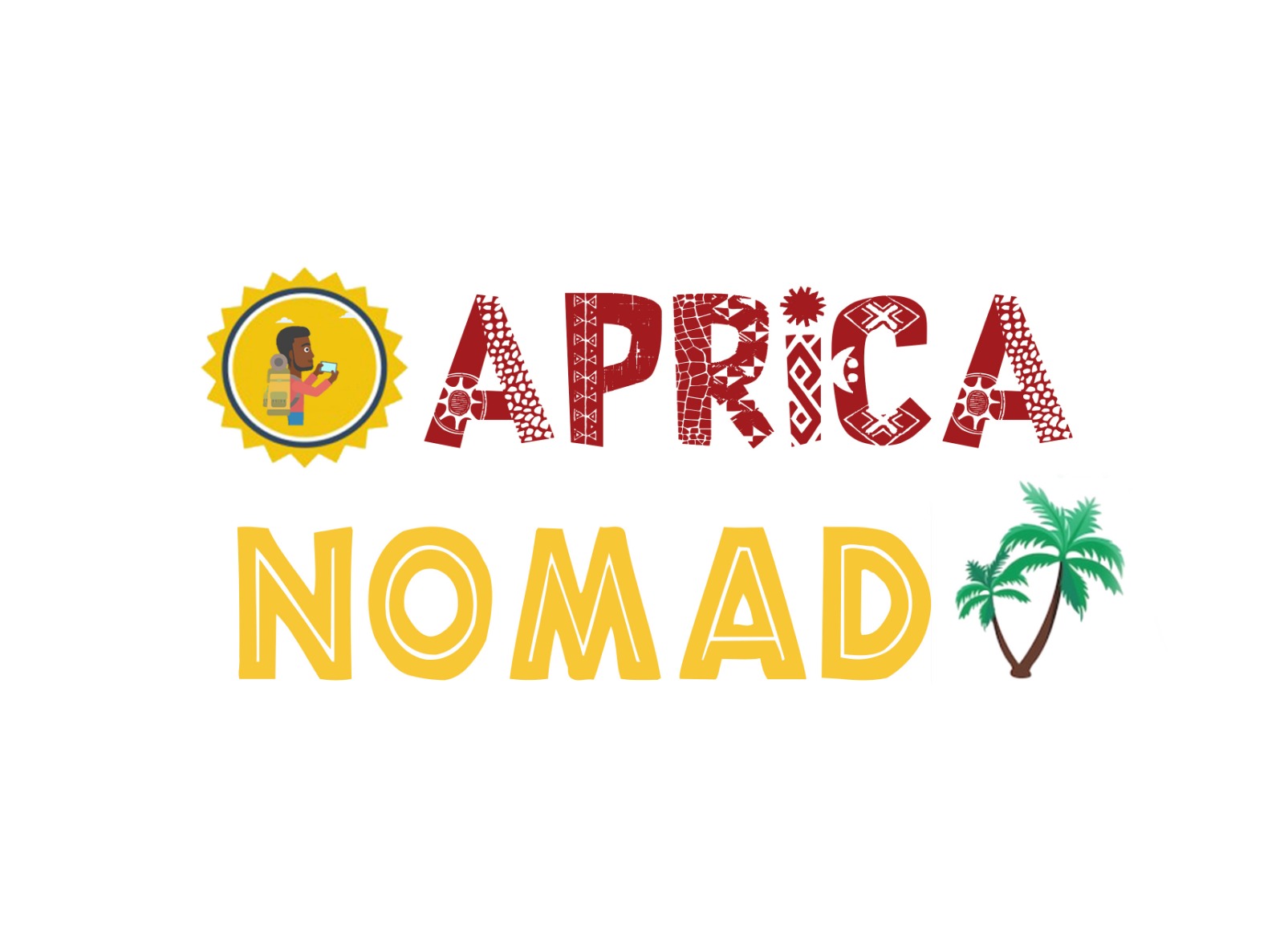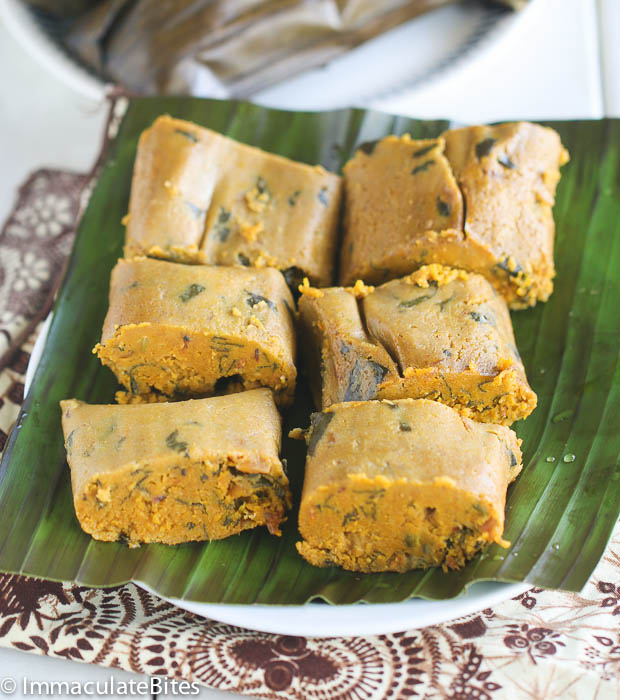Welcome to Limbe
Limbe (known as Victoria from 1858 to 1982) is a seaside city in the South-West Region of Cameroon, located at 70 km at West of Douala and connected by a national road 3. Alfred Saker founded in 1858 in the southern slopes of Mount Cameroon. The bay opens towards the Gulf of Guinea. The port of Limbe lies on the shore of Ambas Bay.
History
Alfred Saker founded Victoria (Limbe) in June 1858, and a settlement of freed slaves on the bay the same year. In 1884 Britain established the Ambas Bay Protectorate, of which Victoria was the capital. And ceded it to Germany in 1887.
After the treaty, Victoria and its vicinity remained under British administration and were not a part of the new German colony Kamerun. On May 7, 1886, Great Britain and Germany agreed to exchange Victoria and its vicinity for German rights at the Forcados River in Nigeria and St. Lucia, KwaZulu-Natal in South Africa. German administration handed over Victoria and its vicinity on March 28, 1887. Later, Swiss Presbyterian missionaries bought the land.
The city name Limbe generally held to originate from a mispronunciation of the name of a German engineer Limburgh. Oral narratives hold that this engineer is responsible for constructing a bridge across one of the rivers in the city. Over a period of time, this river came to be associated with this engineer. Victoria became British again in 1915. In 1982, a presidential decree signed by president Ahmadou Babatoura Ahidjo changed the city name to Limbe.
The Cameroonian government recently acknowledged Limbe for its role played in the trade of slaves.
The country is restoring the current site (Bimbia) for tourists, who would like to understand how slaves made their way from far distances to the coastal city.
Culture
Limbe citizen speak English. Most of the population speaks Cameroonian Pidgin English. The native language of the town is bakweri. However Some of them do speak French due to the city’s geographic proximity to Douala. , where the official language is French.
Limbe is a sport loving city especially football which is the most loved and supported sport discipline in the nation. The city is home to a number of football clubs such as Njala Quan Sports academy (NQSA) founded by Mr Henry Njala quan, Victoria United ( Commonly known as OPOPO), and Best Stars Academy just to name a few.
Entertainment
Limbe City Council organizes an annual Festival of Arts and Culture, popularly known as Limbe FESTAC that takes place annually since 2014. There are many activities during this event. For instance a caravan to launch the event, fashion parade, election of Miss FESTAC, exhibition, canoe race, traditional dances, display of traditional dishes, etc. It attracts visitors from all corners of the country and even from abroad but the festival also displayed others Cameroon culture as well as neighboring African countries.
National Holidays
We always celebrate, or have big gathering as the rest of the country
a) Local sightings of Various phases of moon determine Muslim holidays.
Eid al-Fitr End of Ramadan
Eid al-Adha Feast of the sacrifice
b) Only the Christian community observes Christian holidays.
Local Specialties
LOCAL FOOD
Ekwang popular dish in the southwest region consisting of grated cocoyams tied in cocoyam leaves, then slowly simmered with crayfish, palm oil, and various spices.
Banga soup(made with fresh palm nuts) & Kwacoco: Traditional meal of the Bakweri people of Southern Cameroon , it consists of grated and steamed cocoyams.

Kwacoco Bible: grated cocoyams mixed with spinach , oil , spices , wrapped in plantain leaves and steamed.
Roasted fish: Fish grilled on charcoal and popularly sold at the street restaurants.
Places to visit
The Limbé Botanical Garden is the first botanical garden in Cameroon. It was created in 1892, during the German colonial era, in Victoria (former name of Limbe), between the ocean and Mount Cameroon. First agricultural, it has become one of the main recreational and tourist attractions in the Southwest Region.
The Limbe Wildlife Center “wildlife rescue and rehabilitation”, “educational initiatives” and “community programs” work to conserve Cameroon’s unique wildlife heritage.
Limbe Wildlife Center is not a zoo despite looking like one. The center nurtures and rehabilitates injured primates, or rescued from torture of being pets or orphan and then releases them into the wild. We find in Cameroon many of the large primate species in the wild such as western lowland gorillas, chimpanzees, drills and mandrills. It’s almost impossible to see them in their natural habitat because they are confined to impenetrable jungles deep in the heart of Cameroon and poached to near extinction.
Limbe Omnisport Stadium is a multi-purpose stadium used mostly for football matches and it also has athletics facilities. The stadium has seats for 20,000 people. It was built in 2012 and inaugurated on January 26, 2016. It is one of the few stadiums in the world built on a hill and has a stunning view of the sea.
Bimbia Slave port, the largest slave trade site in all central Africa, is situated at the East coast of the Limbe sub-division, it was the first place white-men, the Jamaican and English Baptist missionaries led by Rev. Alfred Saker set foot on the Cameroon shores in 1858, after Fernando Po. You can find Slavery Artifacts, Prison for recalcitrant slaves.
Water fall of Bomana Bakweri
Water fall of Ekombe
Interesting Tips
1 – Be friendly and nice to people
2 – Be patient and respectful
3 – Be open mind and relax
4 – Get vaccinated before your trip
5 – When you go out take only what you need
Thank you so much for reading our article on “Discover Limbe in Cameroon”
Please subscribe and/or leave us a comment below
With Love ❤️




































